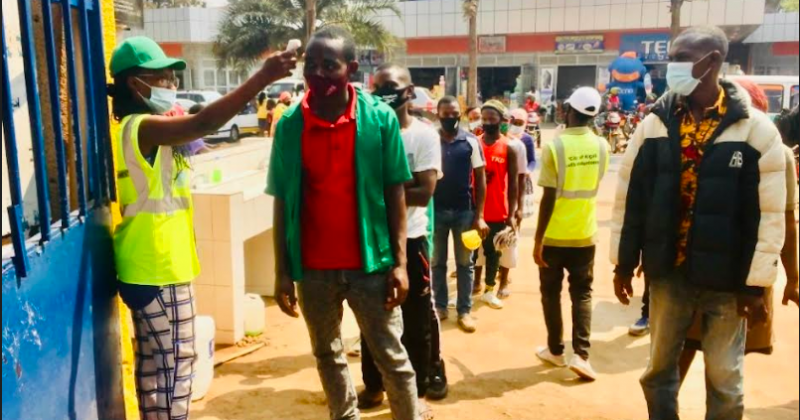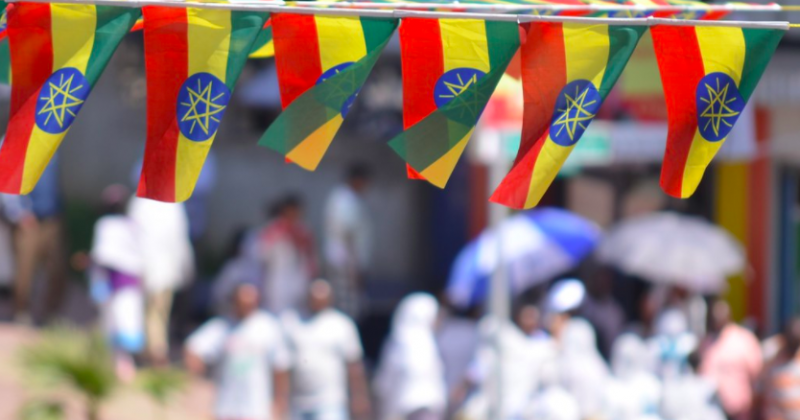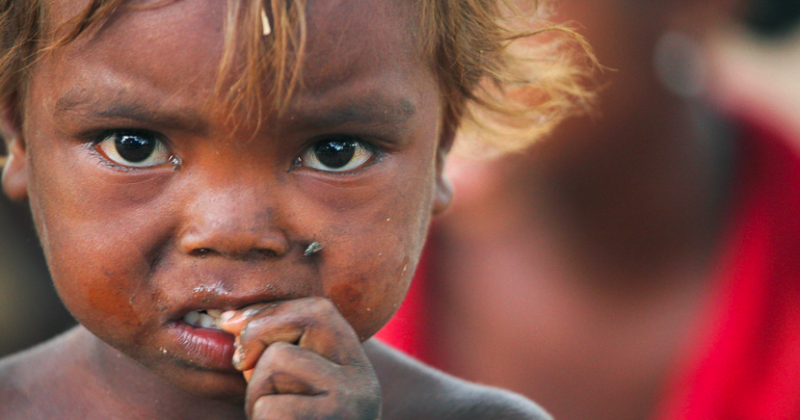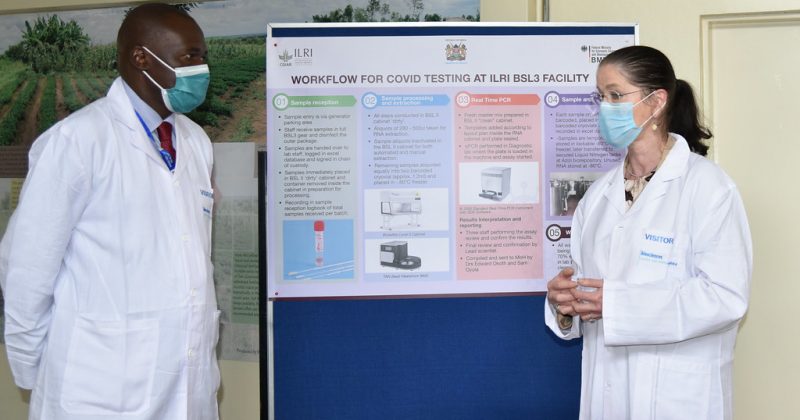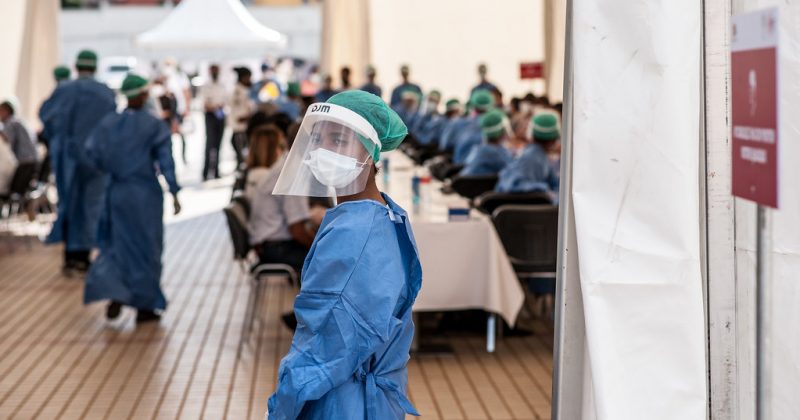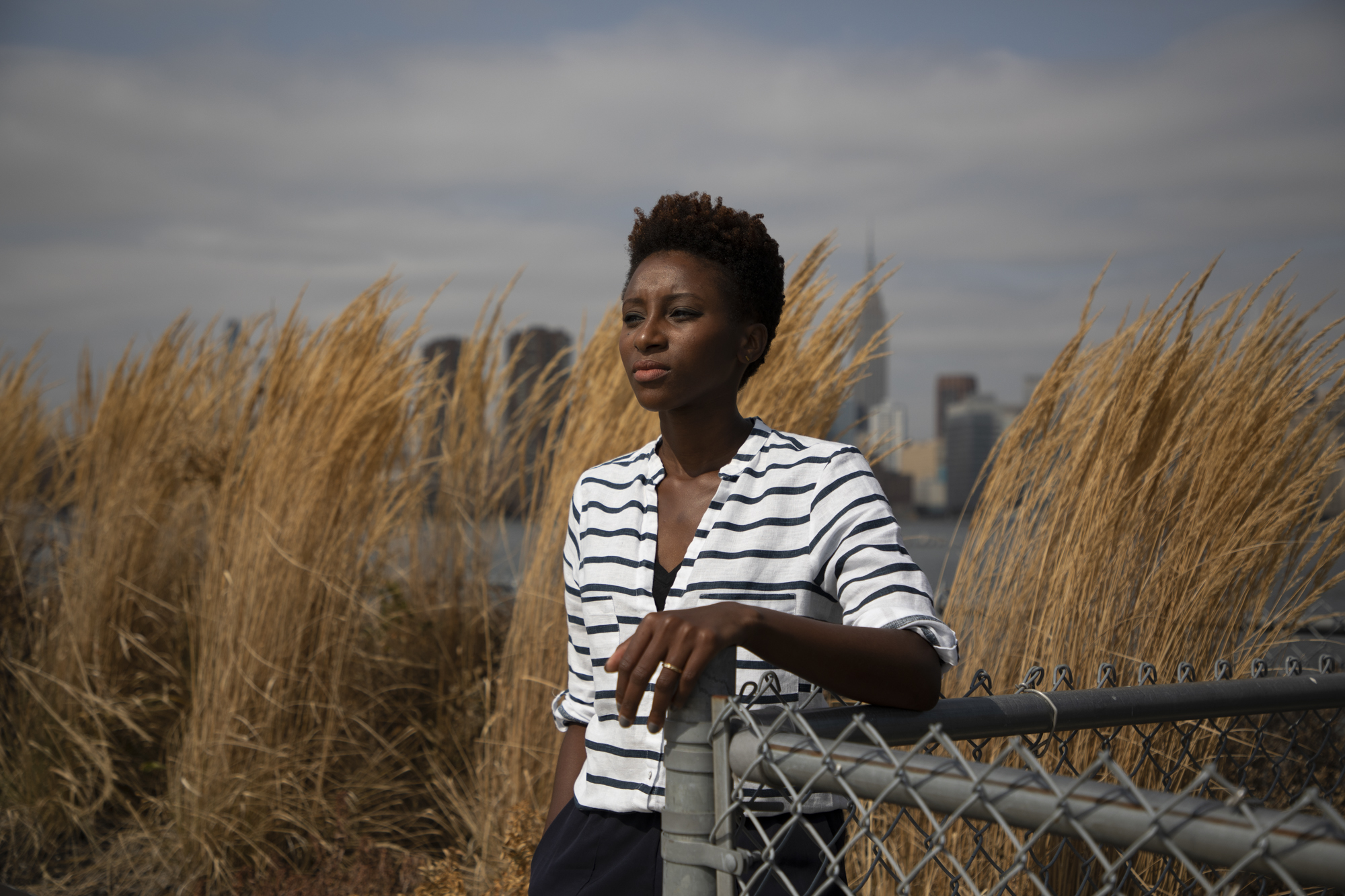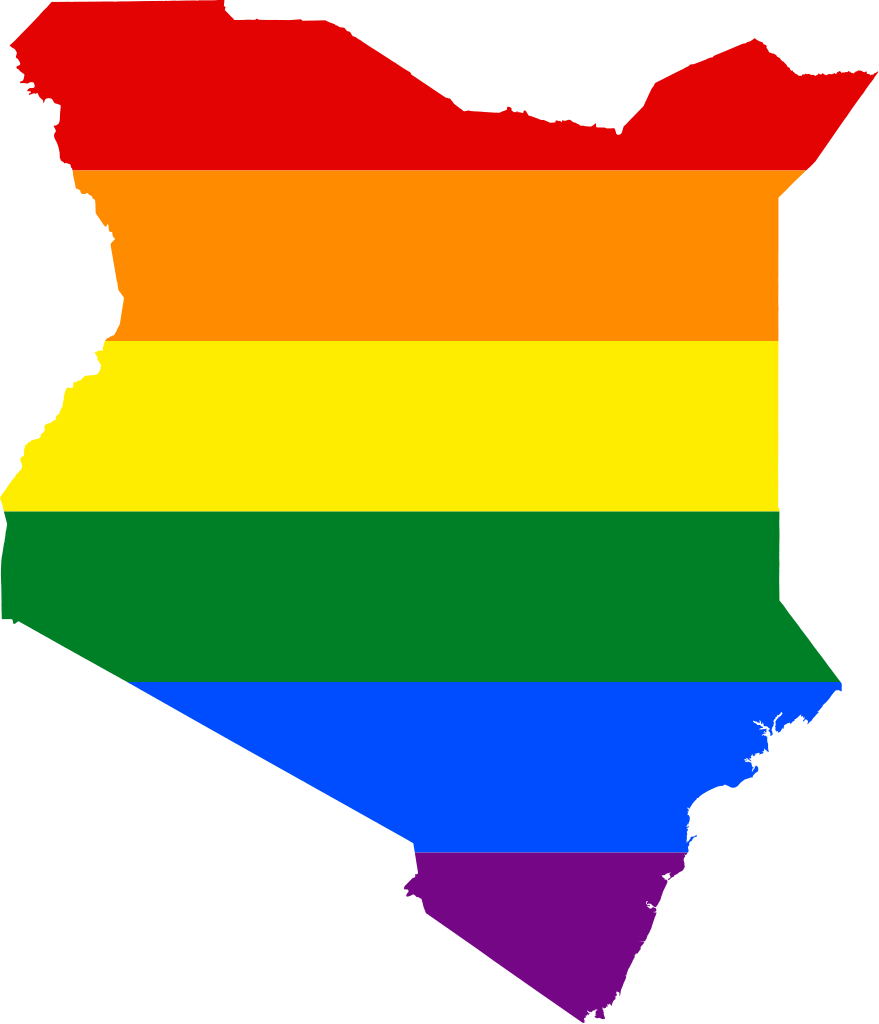Democratic Republic of Congo v. Uganda: A Decade of Negotiations and Unfounded Judgment
By Guest Writer Pritika Negi and Eilin Maria Baiju
By honoring and upholding the victim’s right to receive remedies and reparations, the international community maintains strong empathy for the victims of gross violations of International Humanitarian Law. After more than a decade, the International Court of Justice (ICJ) on February 9 2022, delivered a contentious judgment with respect to the international armed conflict between the Democratic Republic of Congo (DRC) and Uganda after the failure to reach a consensus in negotiations. Contrary to the goal, the mode of reparation was restricted to a mere $325 million in monetary compensation. The Democratic Republic of Congo (DRC) were to pay this amount in five annual installments instead of the initially claimed lump sum of $11 billion. The court awarded this compensation on an exceptional basis in the form of “global sums''—a rough estimate of the amount of damages that a court may grant when there are serious evidentiary difficulties, after denying all the...

